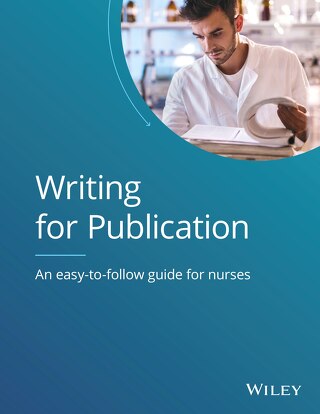a-few-thoughts-on-writers-block
January 19, 2017
I’m back at a writing retreat with PhD students from across the UK and beyond, trying to find something to say about writer’s block, a little worried that I don’t yet have a focus for this piece.
No one at this retreat knows what I’m writing about, but already this morning at breakfast we started talking about barriers to writing. One PhD student says she can’t write in the PhD room at her university because there are too many people, and it’s open plan. Another PhD student who has been coming to retreats for a while says that although she knows that using the retreat timings works for her, when she tries to replicate them at home she struggles to start the first session at 9:15. Once she gets going, she’s fine, but getting started is a hurdle.
I get this too. I was asked to write this blog because of something I wrote about writer’s block, but I don’t want to just repeat what I said there or in the section on writer’s block in How to Write a Thesis I thought about developing some of the points in a chapter I’ve just finished (Giving Feedback on Research Writing, Carter and Laurs, Forthcoimg 2017), but decided they were not relevant. Nor do I want to spend too long on definitions – not feeling ready to write, procrastination, perfectionism, impatience, writing-related anxiety etc. So, I know what I don’t want to write, but not what to write.
Nevertheless, I started writing in the first hour of this retreat, between 5.30 and 6.30 last night. Partly because retreat is a great place to get writing done, and partly because I wanted to think about how writing retreats could help with writer’s blocks.
I wrote some notes. A few sentences. Three headings. A couple of quotes. Several short paragraphs on different topics. Before I knew it I had 500 words, but some of it was repetition, and I didn’t have a unifying idea to hold it all together. I hadn’t found anything new to say. So, even once I had started writing, even when I had written plenty of words, there was still uncertainty – should I just start again?
Uncertainty is always there. In fact, if I were not attending this retreat right now I might not be writing this. To be truthful, I started this writing session at 9.30 this morning by writing something else. That sounds like displacement – although it was on my list of goals for this retreat – but it helped me start writing and thereby get over my uncertainty. Yes, I knew, as I wrote, that I was still working out the content of this piece on writer’s block. Yes, I knew I would revise it for focus and coherence. Yes, I know that in many ways the content is a work-in-progress. So, while some uncertainty went away because I started to write, there was still uncertainty about content and coherence. It just moved from one facet of writing to another; the uncertainty was still there.
The key, for me, is not waiting until I know the full story before I start writing. It’s about starting to write and thereby developing content and coherence. You have to be careful with this – I am particularly prone to chucking more and more points into my writing and losing coherence in my argument. I spent years doing this as an undergraduate and for the first year or so as a PhD student. To this day, I still get this in feedback on my journal articles – too much going on, needs focus. It’s not as simple as generating text – that we can do – since generating text has its pros and cons. I realize this and consciously manage it. I’m not always successful, which is why I find talking about writing-in-progress and getting feedback on drafts really helpful.
This may be why writing with others in writing groups and retreats works better than writing alone. At least some of the time, for some people, it helps us manage the anxiety of getting started and helps us work through other anxieties that crop up once we have started, such as, ‘is this good enough?’.
This is not to say that academics, researchers and doctoral students are particularly prone to anxiety, but that it helps to acknowledge that the apparently simple first step of starting to write brings uncertainty, and that knowing this does not make anxiety go away. Maybe it’s not always ‘anxiety’ but uncertainty, and uncertainty can trigger anxiety, and anxiety is one of the causes of writer’s block.
This can be debilitating: no sooner have you got over the hurdle of getting started than you face other uncertainties. Even if you have good writing practices, a space where you can write and something to write about, there is still anxiety in that moment when you are about to start. Each step could trigger anxiety for PhD students. Yet, they have experience of working through this too. They have plenty of knowledge about their subjects. The difference between them and me is that they have less experience of working through these moments than I do.
Are we trying too hard not to repeat our previous errors? Is that even feasible? Should we, instead, write, then define how we want to revise, rather than wondering why we never did it in the first place?
What do you think? Leave your thoughts on writer’s block in the comments below.
Rowena Murray is Professor and Director of Research in the School of Education at the University of the West of Scotland. She writes books and articles on academic writing.
Image Credit: Rowena Murray














